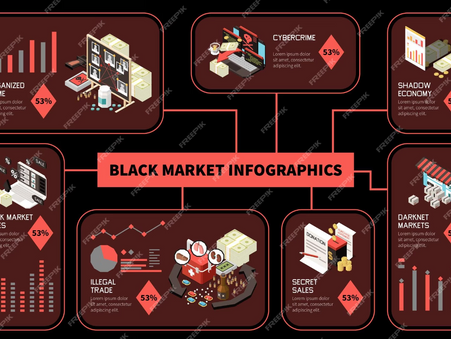

Trade lines, a term often associated with the credit industry, has been the subject of numerous debates and discussions. The central question being, “Are trade lines legal?”. This article attempts to demystify the concept of trade lines, their legality, the potential risks involved, and the ethical considerations surrounding their usage.
Understanding Trade Lines
Trade lines, also referred to as credit lines, are essentially credit accounts recorded on a consumer’s credit report. These can include a range of credits such as mortgages, credit cards, auto loans, and more. Each trade line on a credit report contains detailed information about the debt, including the creditor’s name, the account number, the type and status of the account, the credit limit or loan amount, the account balance, and the payment history.
The Legality of Trade Lines: A Grey Area
The question, “Are trade lines legal?”, isn’t a straightforward one to answer. While the use of personal trade lines is legal and a normal part of credit scoring, the practice of buying and selling trade lines enters a grey area.
Personal Trade Lines: An Essential Part of Credit Scoring
Personal trade lines, or the credit lines you establish by borrowing money or opening a credit card, are not only legal but crucial for your credit health. They play a crucial role in determining your credit score, which lenders use to assess your creditworthiness.
Buying and Selling Trade Lines: The Controversial Practice
The practice of buying and selling trade lines, also known as “piggybacking”, involves an individual adding another person as an authorized user to their credit card to improve the latter’s credit score. While this practice isn’t explicitly deemed illegal, it’s viewed as controversial and unethical by many experts.
Credlocity CEO Joeziel Joey Vazquez warns all consumers, saying, “buying tradelines to misrepresent your personal creditworthiness in order to get a loan, credit card, or mortgage, will most likely land you in prison, and I have been there its not something you ever want to experience so stay far away from tradeline brokers or companies who offer to add trade lines on your credit report”.
Should I Buy Trade Lines?
Given the potential risks and ethical concerns, the question “Should I buy trade lines?” is worth considering. As a consumer, it’s important to understand the potential repercussions of purchasing trade lines.
Legal Risks
Purchasing trade lines can lead to legal consequences. Most lenders consider it fraudulent to submit an application if your credit report shows accounts that don’t belong to you. In many cases, especially with mortgage lenders, this can be considered a federal offense.
Ethical Considerations
Buying trade lines also raises ethical questions. By misrepresenting your creditworthiness, you’re essentially tricking lenders into approving loans or credit that you may not be qualified for. This can lead to financial instability and increased debt.
The Trade Line Industry: A Closer Look
The trade line industry, despite the potential risks and ethical concerns, continues to thrive. Many entrepreneurs have built networks of people willing to rent out user spots on their credit cards to strangers as authorized users, charging hefty fees for the service.
The Consequences of Buying Trade Lines
While some consumers may see an initial boost in their credit score after purchasing trade lines, the long-term consequences can be devastating. In addition to potential legal repercussions, consumers may find themselves saddled with debt they cannot manage. This can lead to defaults on loans, bankruptcy, and a serious hit to their credit score.
The Verdict: Are Trade Lines Legal?
While the use of personal trade lines is legal and a normal part of credit scoring, the practice of buying and selling trade lines enters a grey area. While not explicitly illegal, it’s viewed as unethical and fraught with potential risks. As such, consumers are advised to steer clear of buying trade lines and instead focus on building and maintaining their credit health through responsible financial habits.
Alternatives to Buying Trade Lines
Rather than resorting to buying trade lines, there are several ethical and effective strategies to improve your credit score:
- Pay Your Bills on Time: Consistently paying your bills on time is one of the most effective ways to improve your credit score.
- Keep Credit Balances Low: Try to keep your credit utilization ratio – the amount of credit you’re using compared to your credit limit – as low as possible.
- Don’t Close Unused Credit Cards: Unless a card has an annual fee, keeping it open and unused can help lower your credit utilization ratio.
- Apply for New Credit Sparingly: Each time you apply for credit, it can cause a small dip in your credit score.
Conclusion
In conclusion, while trade lines themselves are a legal and integral part of your credit report, the act of buying and selling trade lines is a grey area fraught with potential risks and ethical concerns. Consumers are advised to focus on ethical and effective strategies to build and maintain a good credit score. By taking a responsible approach to personal finance, you can improve your credit health without resorting to potentially risky practices.

